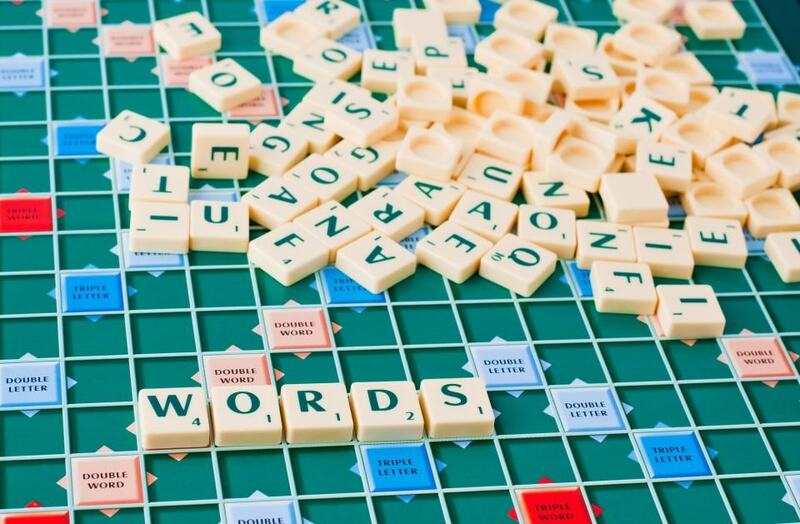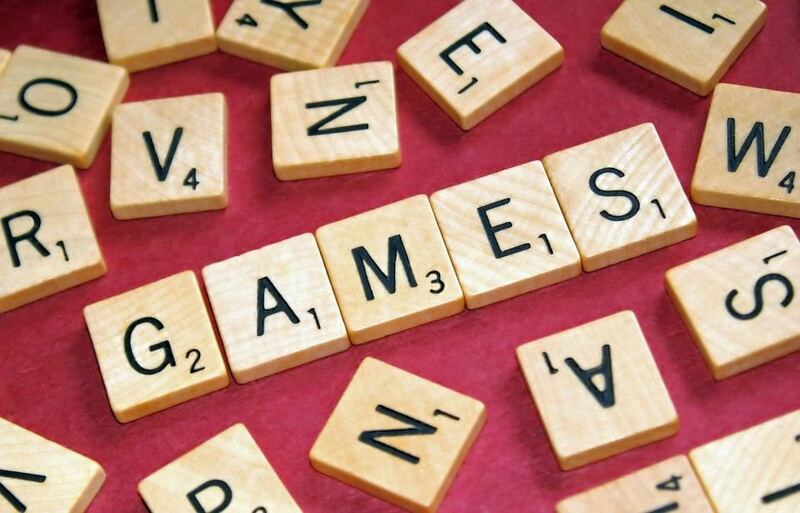Word games have been a part of human culture for at least thousands of years. Anagrams alone originated from the Greek poet Lycophron in the 3rd century BC. However, considering the wide range of games that could be considered “word games” it is reasonable to assume that many are likely older — perhaps as old as human speech itself.
Word games are so timeless that anagram games continue to entertain to this day, and crossword puzzles — which gained popularity in the 1920s — are still a staple in modern newspapers and magazines. Meanwhile, a more recent hit called “Wordle” gained so much grassroots traction that it was purchased by the New York Times in 2022, a move the Times says brought the publication tens of millions of new users.
There is no definitive answer as to why these games are so timeless, as a person’s enjoyment of a game and their reasoning behind it is largely subjective. However, theories about their popularity include everything from the games’ relative low-barrier-to-entry to the ability to effectively share and solve a puzzle with a larger community.
The Science Behind Word Games
Beyond the cultural and personal benefits, word games have psychological benefits as well. There is plenty of scientific evidence that explains why we enjoy word games so much. This evidence ultimately suggests that there are many typical elements of these games that appeal to different elements of human behavior.
Highly Effective Reward System
The brain’s rewards system consists of the structures that constitute its major dopaminergic pathways. The function of these pathways is to release dopamine in response to rewarding stimuli. Fun and success are two such stimuli that can prompt the release of dopamine, and therefore, our brains can reward us for completing a puzzle.
Daily Routine
Although word games can be enjoyed at any time and any place, many may find more enjoyment if they incorporate word games into their daily routine, as many studies have found a connection between daily routines and positive mental health outcomes.
Word games are not only often easy to complete at your leisure daily, but are also commonly included in daily publications (such as crossword puzzles in newspapers). As such, word games can easily become part of a daily routine.
It is important to keep in mind that it may take some trial-and-error to determine how you can best incorporate a word game into your schedule. For example, some people may like to complete a puzzle first thing in the morning, while others may prefer to do so after completing a set of tasks later in the day.
Skill Pay-off
The more you play word games, the more you are likely to improve skills specific to the games, as well as your general language skills. Some people may get a strong sense of fulfillment from building skills and enhancing their gameplay over time. This may not only be a matter of pride but may also make people feel happy that they are supporting their long-term brain health.
Low Barrier to Entry
Many word games are incredibly accessible to large groups of people. Often, all you need to do is have a grasp of the language and understand the (often simple) rules of the game. There are typically few tools needed to participate, and if you do have any difficulty, there are many helpful guides available online.
Boosts Long-term Cognitive Health
Although there hasn’t been enough research to scientifically conclude that word games can prevent cognitive disorders such as dementia and Alzheimer’s, there have been plenty of studies that have recognized a correlation between individuals that play word games regularly and delayed symptoms of Alzheimer’s disease. One such study even found that it could delay symptoms for up to five years.
By playing word games regularly, you’re not only boosting your current cognitive ability, but you’re also benefiting your future cognitive health as well.
How To Apply These Addictive Qualities to Daily Tasks
While word games can be fun and rewarding on their own merit, they can provide far-reaching benefits in your daily life as well. As previously mentioned, the routine and rewards gleaned from playing word games can have a significant positive impact on your overall mental health.
In addition to that, abilities developed from word games can, in some ways, transfer to real-world skills. To maximize these skills, however, you have to stay consistent in playing your word games. Luckily, there are many ways that you can motivate yourself to play more word games.
Create Rewards For Yourself
Rewards may encourage you to play word games more often or to complete them. These rewards could be included in the game in some cases. For example, word games on apps may allow you to gain points or compete with other players. However, you can also create small rewards for yourself. For example, you could put off making yourself a snack until you complete a word puzzle.
Compete With Yourself
Competing with others can be a strong motivator, but it can also be helpful to compete with yourself. There are many ways that you can accomplish this. For example, you could keep track of your scores from week to week, or you could increase the difficulty of the game over time.
Develop a Routine
By making your word game a part of your routine, completing the game will become more habitual and will be less likely to interfere with other parts of your day. By doing this, you may be able to make the game a comforting and relaxing daily experience. Otherwise, it could begin to feel like an inconvenience over time.
Because there are so many different types of word games, virtually anyone can likely find one that they enjoy. It is even relatively easy to create your own. You may even benefit from using them to develop specific skills, such as the acquisition of a second language. The popularity of these games largely stems from the range of gameplay and the versatility of their use and benefits.



